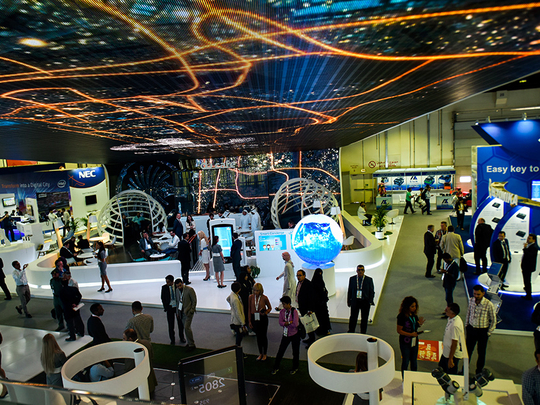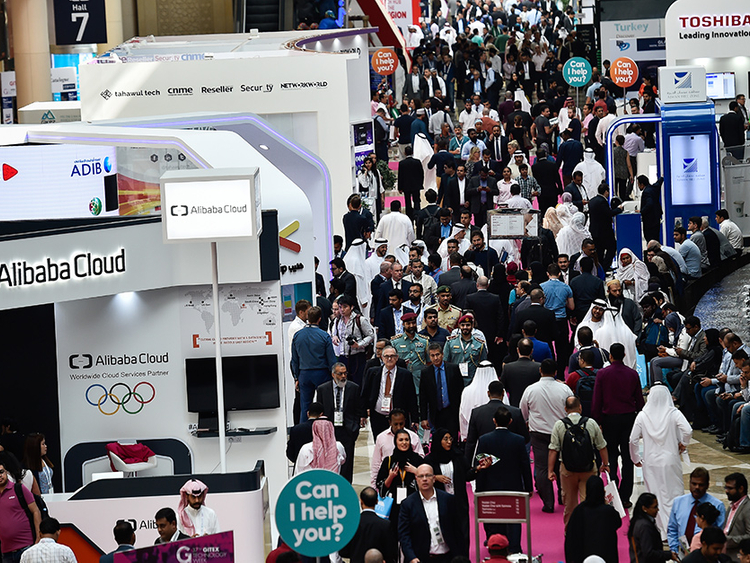
Dubai: For several years now, the Internet of Things (IoT) has promised to change everything from how we buy groceries to how we dim our house lights.
Local experts are saying that some of those advancements are coming, but they could still be over a year away.
“Connected home appliances [are] one of the areas; most home appliances vendors are looking at this area now,” said Alberto Araque, vice-president for the Internet of Things and digital payments at etisalat.
“For example, the concept of a connected fridge, sound system, kitchen machine, etc. For a long time, the industry was talking about connected fridges that can make grocery orders. To make this a reality, all the hypermarkets need to have a solution for online ordering. It is very likely to become a reality in 2019.”
Brands like Samsung and LG have demonstrated the IoT capabilities of their home appliances in other regions.
According to Araque, etisalat is ready for these services and has the ability to connect smart devices in the home through narrow-band IoT networks.
“We are the first in the region to have upgraded our network to LTE-M and narrowband technology,” he said.
LTE-M is the industry term for low power, wide area (LPWA) technology responsible the rise in IoT-only network technology.
“We provide the networks and the platforms that are needed to make these IoT solutions a reality,” he said.
Paul Black, programme director for research firm International Data Corporation (IDC), said that IDC estimates UAE spending on IoT-related solutions at $434.04 million (Dh1.6 billion) in 2016.
Spending is expected to reach $1.15 billion in 2021, with a compound annual growth rate of 21.6 per cent during 2016–2021.
Black said that as more devices and equipment become smarter through embedded sensors, IoT will help deliver reliable city asset management at considerably smaller costs.
IoT technologies offer the prospect of improved collaboration between different city departments and government agencies to achieve key municipal objectives.
“The UAE’s telecom operators realise the value proposition offered by IoT, and both have strategically embraced the technology. They have contributed to the development of IoT solutions by testing technologies and launching dedicated business solutions to facilitate Smart Cities and other digital transformation initiatives,” he said.
Michela Menting, digital security research director at ABI Research, said the IoT represents a game-changing technological breakthrough but the ecosystem is volatile, fractured, and experimental.
As such, it is highly vulnerable to cyberthreats. The successful implementation and adoption of IoT technologies will depend on the ability to trust the devices and the underlying infrastructure.
“Without such trust, IoT adoption may prove disastrous. And not just financially. Failure of critical devices, such as connected cars or medical appliances, could have life-threatening implications.
“Standards can and will play a significant role in enabling this trust. Security standards specifically can provide a foundation for building robust and trusted IoT devices, both from a digital and a physical security perspective,” she said.
Due to the largely nascent aspect of the IoT, she said that security standardisation will take some time, but these efforts are being underpinned by a dynamic drive to develop specifications, reference architectures and other technical frameworks to address compatibility and interoperability.
Security forms an increasingly critical part of this drive. In large part, security is still being addressed through best practice, guidelines, and strategic recommendations, but these efforts are slowly trickling down to embed themselves in standards.












